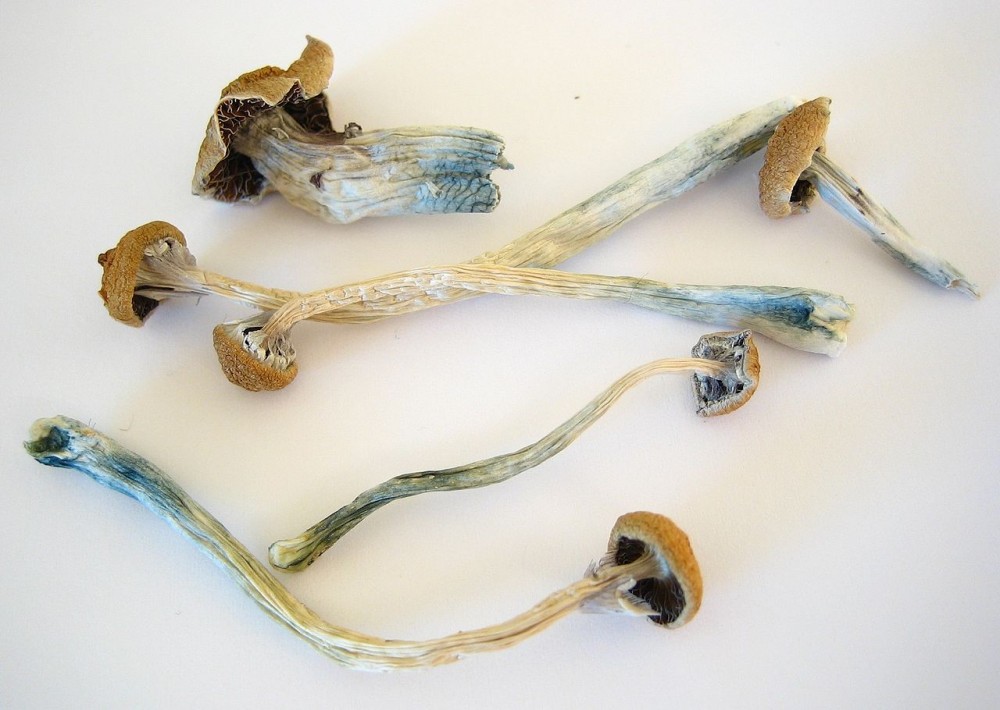
This time last year, the FDA was designating psilocybin as a breakthrough therapy for depression for the very first time. “It really does represent a significant development in the whole history psychedelic research,” said Charles Grob at the time, psychiatry and behavioral sciences pressor at University California, Los Angeles.
Now, the FDA has given it the designation for a second time with the Usona Institute.
“The results from previous studies clearly demonstrate the remarkable potential for psilocybin as a treatment in major depressive disorder (MDD) patients, which Usona is now seeking to confirm in its own clinical trials,” Charles Raison, MD, Usona’s director clinical and translational research, said a news release.
New Atlas further breaks down the differences between last year’s designation and this year’s and why both are equally important:
“Last year’s Breakthrough Therapy designation was targeted at the drug’s efficacy for treatment-resistant depression (TRD). That particular clinical classification categorizes patients suffering from MDD who have not responded effectively to at least two different pharmacological antidepressant treatments during a current depressive episode. It is estimated between 10 and 30 percent MDD patients fall into the category TRD.
“The new FDA approval focuses on Usona’s research into the broader condition MDD, characterized by episodes severe depression that last more than two weeks. Hundreds millions people around the world suffer from these kinds acute major depressive episodes every year.”
The phase 2 trial is expected to be completed by early 2021, and with the help this status, Usona expects it to quickly move into a larger phase 3 trial.
